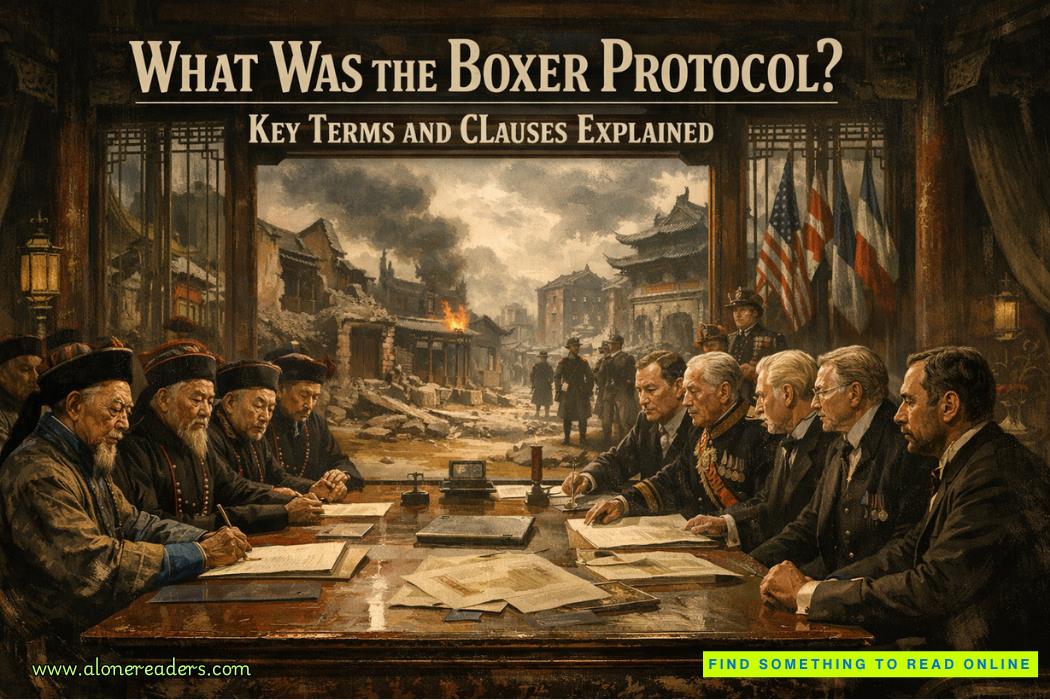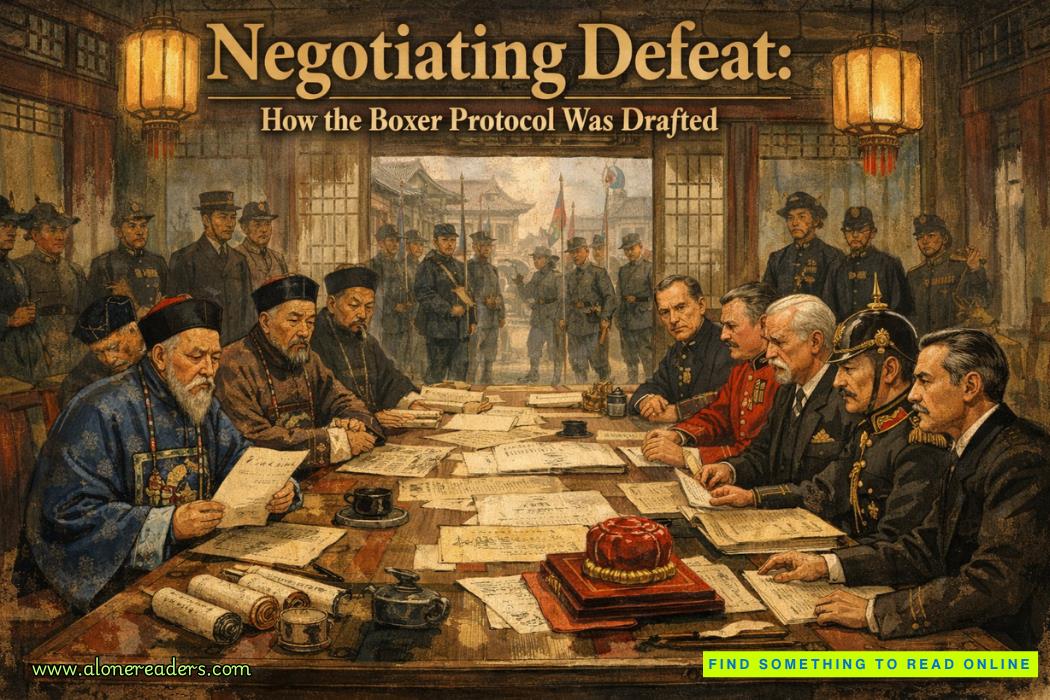“Come, Mary, let us hear your latest concerto.” She turned to Mrs. Hurst and Miss Bingley and added, “My middle daughter is quite the proficient.”
Mary turned pale and looked appalled. To her mind, the Netherfield party was far too grand for her modest talents. She looked to Elizabeth, silently begging for deliverance.
Elizabeth stood up and said, “Mamma, Mary shall attend me and turn the pages.” She moved at once to the instrument and sat down. Mary followed and seated herself beside her.
Elizabeth began to play and then sangRed is the Rose,a ballad of love and parting. Her voice filled the room with the haunting sweetness of the melody, and even Caroline Bingley’s whispered criticisms were silenced. When the song ended, Elizabeth rose quickly and drew Mary with her. The two sisters retreated to thefar side of the room, wishing to escape their mother’s officious pride.
Alexander Lucas sought her out as soon as she was settled, and, seating himself at her side, bent close. “Elizabeth, are you putting yourself forward for the men? Your mother asked Mary to play, not you. Those two men were ogling you the entire time.”
She regarded him steadily. “I am surprised you noticed. You seemed wholly engrossed in Miss King. The two of you sat together at dinner and conversed with great animation, and even now you have remained by her side.”
He flushed. “We were speaking of her unhappiness, her uncle would have her remove to his estate, and she does not wish to leave her aunt or her friends behind.”
“I am sorry for her,” Elizabeth said gently. Then, lowering her voice, she said, “Mr. Lucas, I think it best you no longer seek me out. We have been friends for many years, almost as close as brother and sister, but the time has come to part ways. Pray do not seek me at assemblies or parties. It will be less painful for me if I know where matters stand than to wait and wonder whether you will condescend to notice me. I would rather expect nothing from you than stand as a wallflower hoping to catch your eye.”
His flush deepened. “Elizabeth, you go too far. You exaggerate the small attentions I have shown Miss King. They mean nothing.”
She smiled, though her eyes were sad. “You must allow me to judge what they mean to me. Please do me the honor of believing me.”
He saw the sadness in her expressive eyes, grew pale, and stammered, “Elizabeth, you truly mean it?”
“I do.” She rose then, and crossed to the settee where Jane sat beside Mr. Bingley, giving her full attention to Miss Bingley’s performance.
On the journey home, Elizabeth was quiet while her mother and sisters chattered together. During a lull, she turned to her father. “Papa, did you see how attentive Mr. Bingley was to Jane?”
“Yes, Lizzy, I think everyone saw how he attended her every word.” Mr. Bennet answered. “It would be difficult to overlook.”
Mrs. Bennet, however, had not finished. “Mary, why did you not take the opportunity to perform? You play as well as Lizzy. No, you play better.”
Mary fidgeted. “Mamma, I did not wish to be compared with Miss Bingley, who is very proficient. She has said that she studied for six years under a master. It would only show how unfinished my own performance is.”
Mr. Bennet looked at his middle daughter and said, “Mary, my dear, would you like me to hire a music master? He could instruct both you and Lizzy. I have come to understand that a young lady must possess at least one accomplishment to recommend her.”
When the family arrived at Longbourn, Mr. Bennet called to Elizabeth. “Come into my study, Lizzy. I would speak with you.” She followed him into his favorite room and sat in her accustomed chair.
“Yes, Papa?”
“My dear Lizzy, you are downcast. Has your childhood friend turned to another?”
Her attempted smile faltered, and tears glistened in her eyes. “He has. He is much taken with Miss King. Aunt Phillips has often said that men do not settle until their late twenties, so I am not surprised, only saddened. I asked him not to seek me out any longer. I prefer to know where things stand. It is distressing always to be waiting and wondering if he will come to me, speak with me, or ask me to dance. And I see how he is courting Miss King.” She paused, then said, “Papa, I want to go to London with my uncle Gardiner. I can scarcely endure the sight of Alexander courting Miss King for no better reason than that she is an heiress. He does not even like her, he told me so himself. It would be easier for me if I could go away.”
Mr. Bennet looked at his daughter, his brow furrowed. “Lizzy, perhaps I will let you go later in the year, maybe in late July. But for now, you must remain at Longbourn. I have written to my heir and wish to introduce him to my daughters. You need to become acquainted with him, too, Elizabeth. Perhaps one of you will find him suitable. If not, then I shall grant you your visit to London.”
Elizabeth bowed her head, longing to be away. At length, she gathered her courage.
“Mamma was especially dreadful tonight. If Mr. Bingley abandons Jane, it will be her fault. My younger sisters behaved remarkably well, perhaps only because the officers were absent, but my mother would not sit quietly for even a minute. I wish you would do something, Papa, to preserve Jane’s budding attachment. After this evening’s follies, it may already be too late.”
Mr. Bennet sighed. “Yes, I am aware. She embarrassed me as well. I will speak to her, Lizzy. Perhaps it is not too late. I will do better.”
Elizabeth rose, kissed her father’s cheek, and left him.
The sadness in his daughter’s eyes pained Bennet as he watched his second eldest leave his study, her whole demeanor heavy with despondence.
Chapter 6: Sunday Services
The Sunday services concluded, and the congregation rose to begin filing out. Elizabeth and Jane lingered behind as the rest of their family stepped into the aisle and proceeded toward the doors.
Outside, the sun shone brightly, and the sky was a deep blue. It was a lovely day, and Elizabeth paused upon the threshold to take in the beauty.















